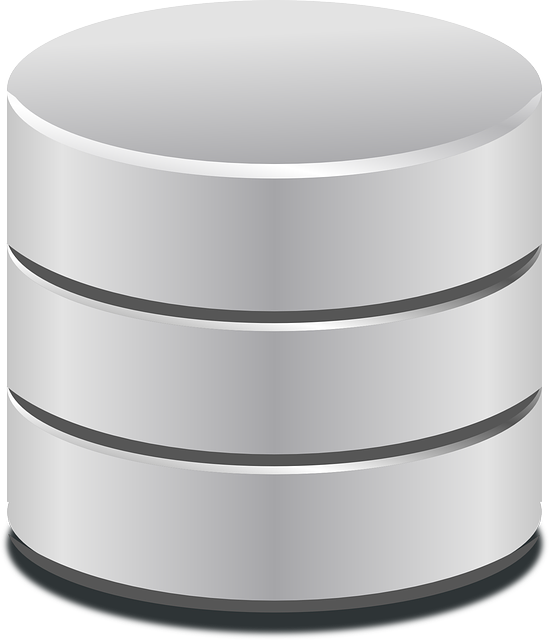Services A few of the things we can do for you...

Our Services
We are an Agile Development house and our services are geared towards giving you the most value possible
Revit integration and plugins

Autodesk Revit Architecture is a robust architectural design and documentation software application created by Autodesk for architects and building professionals. The tools and features that make up Revit Architecture are specifically designed to support building information modeling (BIM) workflows.
We develop third party plugins which allow the architect / building professional to interact directly with your solution.
We have developed plugins for manufacturers who specify a schedule of components and prices which are imported directly into Revit onto the relevant items in the drawing. This saves the user valuable time and money!
Custom Development
We provide custom software development for any type of project.
- Desktop applications and Services
Small utilities to increase your daily efficiency or fully fledged systems to help you to run your business, we will find the solution which best suites your needs. If there is already a product out there which does the job you require, we will recommend that rather than develop a new solution. Why reinvent the wheel?
We can also provide plugins / addins for Microsoft Word / Excel / Outlook to name but a few, plugins which fetch data from databases, websites, files, etc. and provide you with the information you need right at your fingertips. Have a look at Process Automation for more on this.
- Mobile Application Development (Andriod and IOS)
We can guide you through the process and help you realise your vision! See Mobile Apps for more.
- Database Design and Implementation
Database design refers to the activities that focus on the design of the database structure that will be used to store and manage end-user data.
The unfortunate truth of this aspect of software development, is that it is often not given the time and effort required to provide a solid foundation for the system in which it is required. Databases can make or break applications, making them super responsive and a pleasure to work with or a slow, cumbersome behemoth causing more issues than it solves.
Proper database design requires the database designer to identify precisely the database's expected use. For example:
- Designing a transactional database emphasizes accurate and consistent data and operational speed.
- The design of a data warehouse recognizes the use of historical and aggregated data.
There are a number of considerations and combinations of features which can be made in order to get the best possible database for your needs.
We provide database diagrams, logical process examples and test data to prove the model before implementation. This forms part of the Designing phase of a software project.
Let's have a chat about your requirements and see what's best for you!

- Database performance tuning
If your database is slow and seems to be causing your systems to come to a halt, you may not need to replace the whole system! Performance tuning databases is a subtle art of identifying problem areas, high transactional tables or columns and making small adjustments to maximize performance.
We are very proficient in this arena and can often times improve system responsiveness 10 fold, maybe more!
For example:
A client had an issue with file processing which happened on a daily basis. It was slow and would perform 8 transactions a second. This resulted in a processing time of over 3 hours where there were 95,000+ transactions.
This was not a feasible or maintainable solution, they were considering scrapping the entire system. We sat down and over the course of 3 weeks, managed to provide a 1068% increase in performance, jumping from 8 transactions a second to 8000!! 3 hours was transformed into 11.5 seconds for 95,000+ transactions.
So, before you scrap your existing systems at great cost, give us a call and let's see if we can improve your processing times!

Process Automation
Business process automation (BPA), also known as business automation or digital transformation, is the technology-enabled automation of complex business processes. It can streamline a business for simplicity, achieve digital transformation, increase service quality, improve service delivery or contain costs. It consists of integrating applications, restructuring labor resources and using software applications throughout the organization.
At expecTechnology, we use the business-driven development methodology which is described in more detail below.
Business-driven development is a meta-methodology for developing IT solutions that directly satisfy business requirements. This is achieved by adopting a model-driven approach that starts with the business strategy, requirements and goals, and then refines and transforms them into an IT solution. The transformation is partially achieved by applying model transformations. Due to the alignment of the business layer and the IT layer, it is possible to propagate changes of the business automatically to the IT systems. This leads to increased flexibility and shorter turnaround times when changing the business and adapting the IT systems.
Business-driven development goes further than the simple development of delivered requirements in that the implementing resource seeks to both completely understand the business side during the iterative gathering and implementing of requirements and drives to, once acquiring that information, improve business processes itself during the development of the actual solution.
Mobile Application Development

Thinking about building an app? You probably asking yourself, “how much does it cost to build an app?” While it’s true apps can be expensive, they don’t have to be. A lot depends on what you create and how you create it. So before you jump in, do a little homework — it’s pretty easy to figure out your own cost estimate.
While every project is different, there are some variables which are shared across all projects. App complexity, mobile platforms (Apple, Google, Windows, etc) and the location of the development team. These variables are key to estimating costs; let’s take a look at the complexity to give you a quick overview.
App Complexity
Simple Apps
Simple apps have a limited number of screens and may connect to an API in order to retrieve data. These apps don’t typically support user profiles, although they often let users share their content to social media. As a general rule, simple apps will generate limited amounts of analytic data.
Using online calculators and other software companies, we found that simple apps take about 35 hours to design and 400 hours to develop. App development costs run between R400,000.00 and R2,000,000.00 depending on the number of features and how you choose to build them. A single app developer or small team can create simple apps in less than 3 months.
This seems a bit much for simple apps, however, it appears to be the trend in this industry. We have found that keeping it simple and providing you with exactly what you asked for; we can provide a simple app for as little as R10,000.00. Our turn-around time is also much shorter, depending on your requirements, we could have your app running within 2 weeks!
Complex Apps
Complex apps have more screens, sometimes as many as 8 or 10. They’ll connect to at least one API, and routinely use location data. Often every user has a profile, and their content can be available on multiple devices. They may offer in-app purchases or a shopping cart.
Again, using online calculators and other software companies, we found that simple apps take about 70 hours to design and 500 hours to develop.
We can create complex apps within 30 Days (requirements dependant); starting at R25,000.00